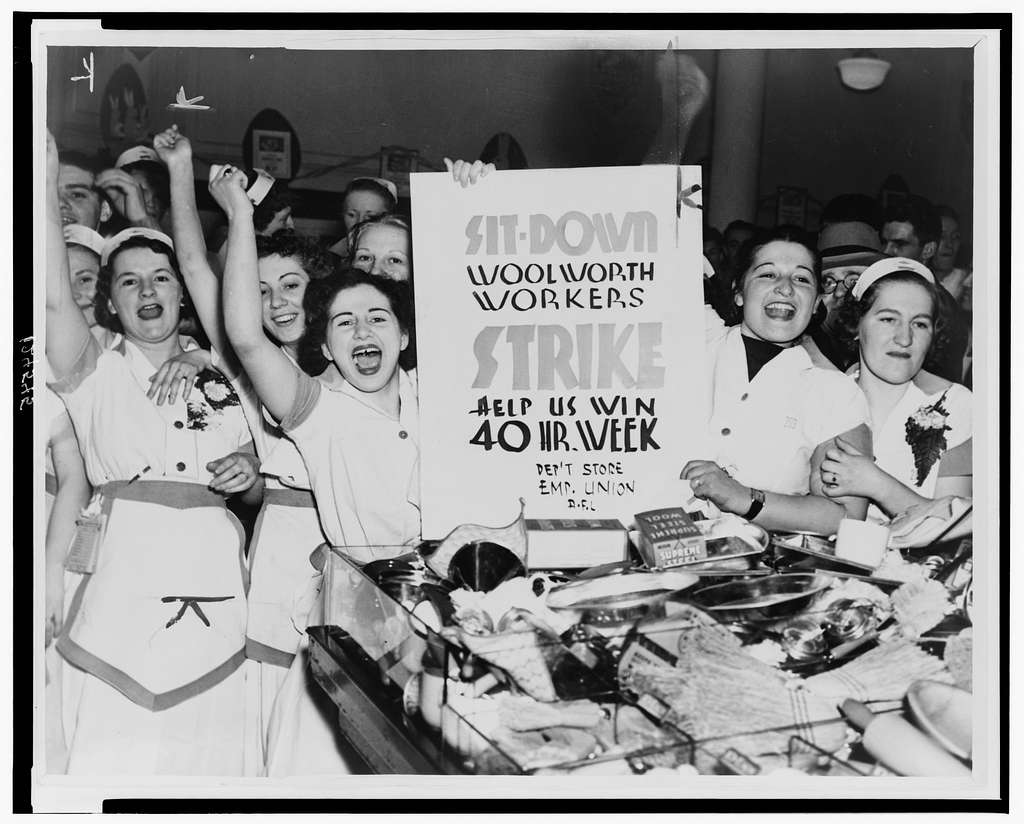During IRC’s early years, staff would probably have urged companies to develop some form of employee involvement in one form of communications process or another. In fact, Rockefeller himself had essentially proposed an employee representation plan in Ludlow. Some people would consider it an “internal union.” But IRC dropped most of these employee relations efforts after the
enactment of the National Labor Relations Act (NLRA) in 1935.
As a matter of policy, IRC has never encouraged employers or employees to unionize or not to unionize. IRC’s mission has always been to promote sound management and employee relations and to help companies be smart in managing their employee relations responsibilities. Obviously, good management might cause employees to reject unionization.
If, however, a company ended up with a union, IRC staff considered this was a result of poor management, insufficient training and development of supervisors, weak emphasis on good employee relations, or some exogenous factor(s) that influenced employee choice in any employee vote on this matter.
It is true, however, that a small but significant number of companies on the IRC client list had company unions that were developed with local employees and based on the advice of local labor council. Later, many of these became independent unions as the NLRA of 1935 caused company unions to be judged illegal under the act.
(Image courtesy of the Library of Congress)

